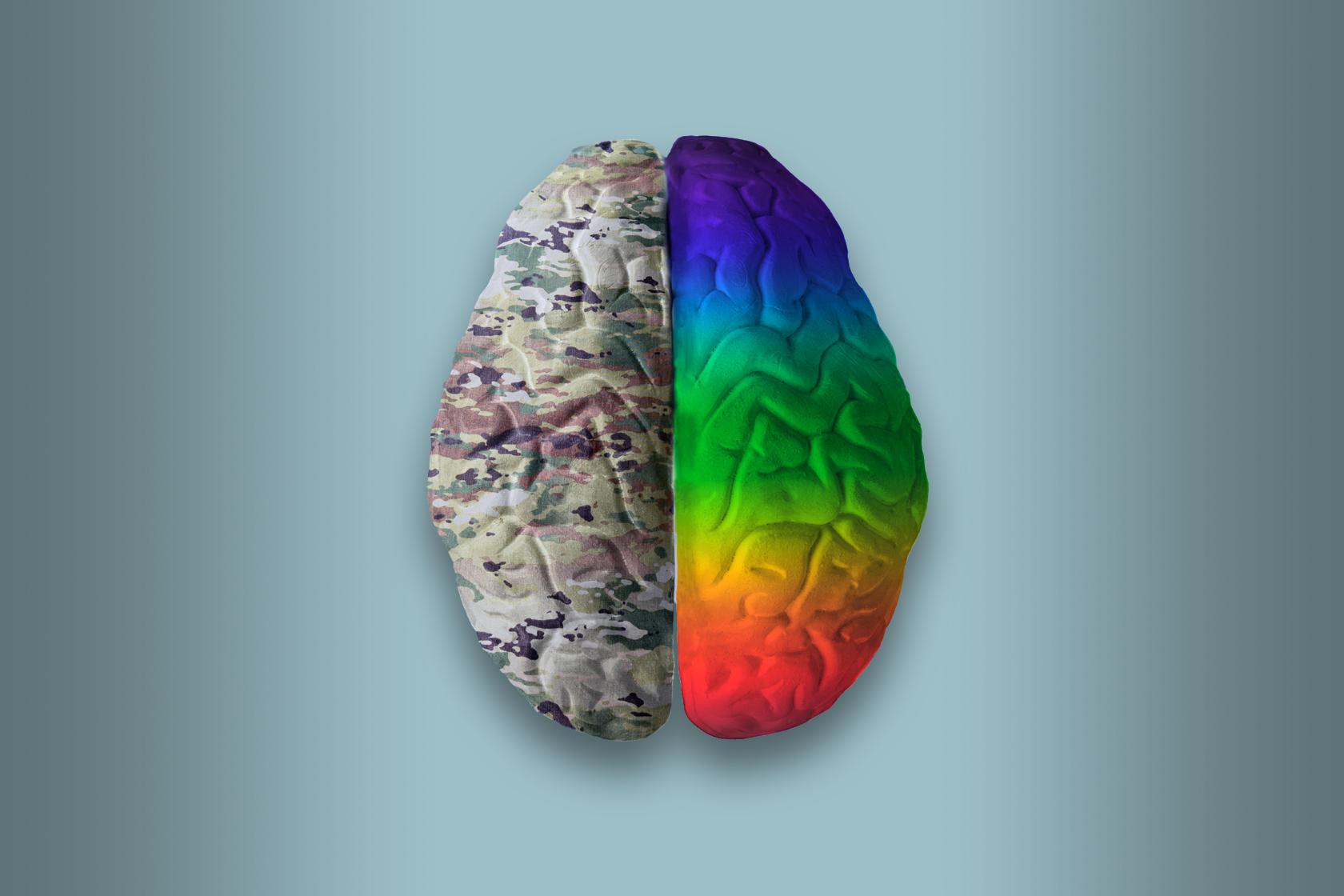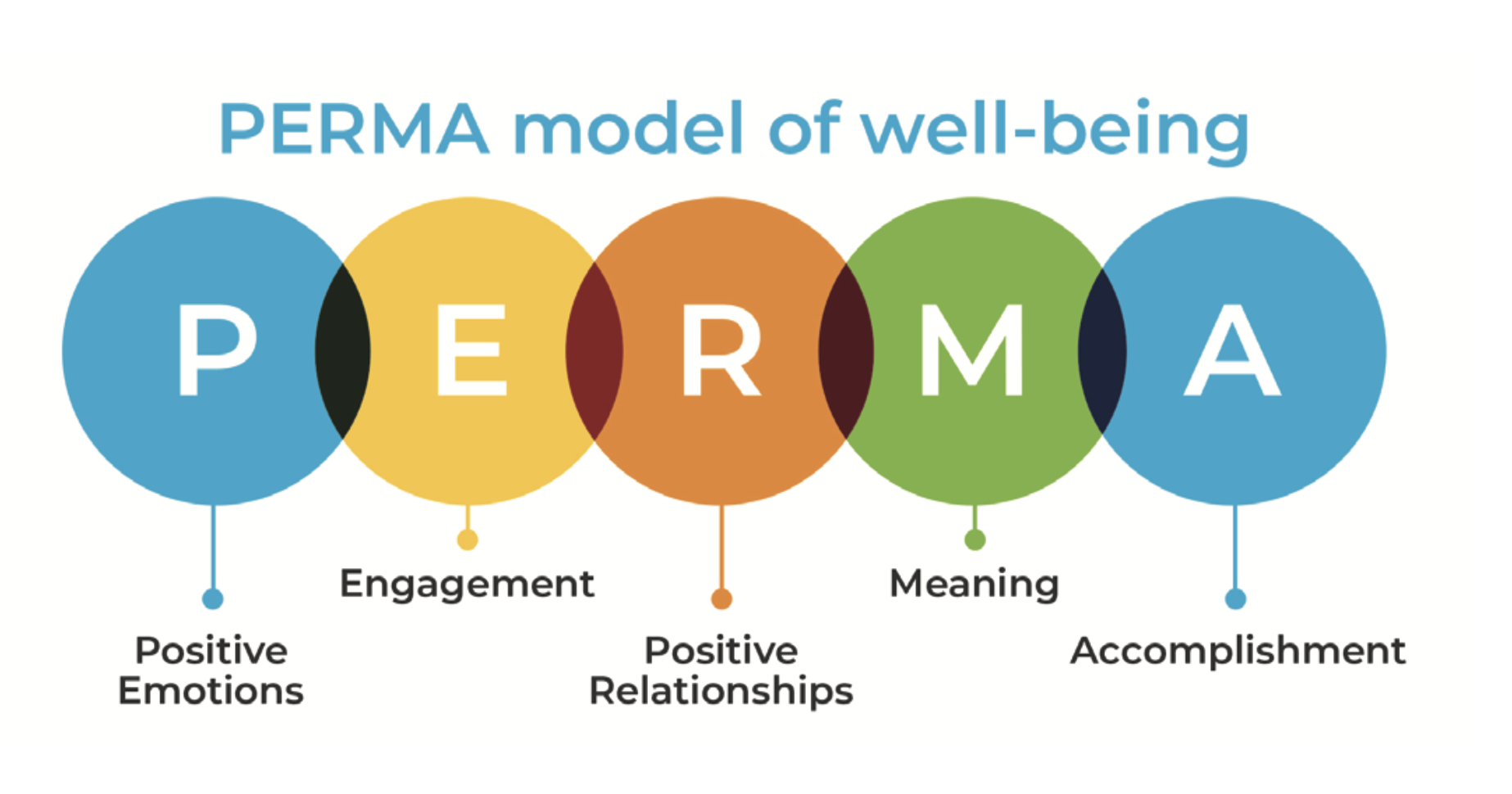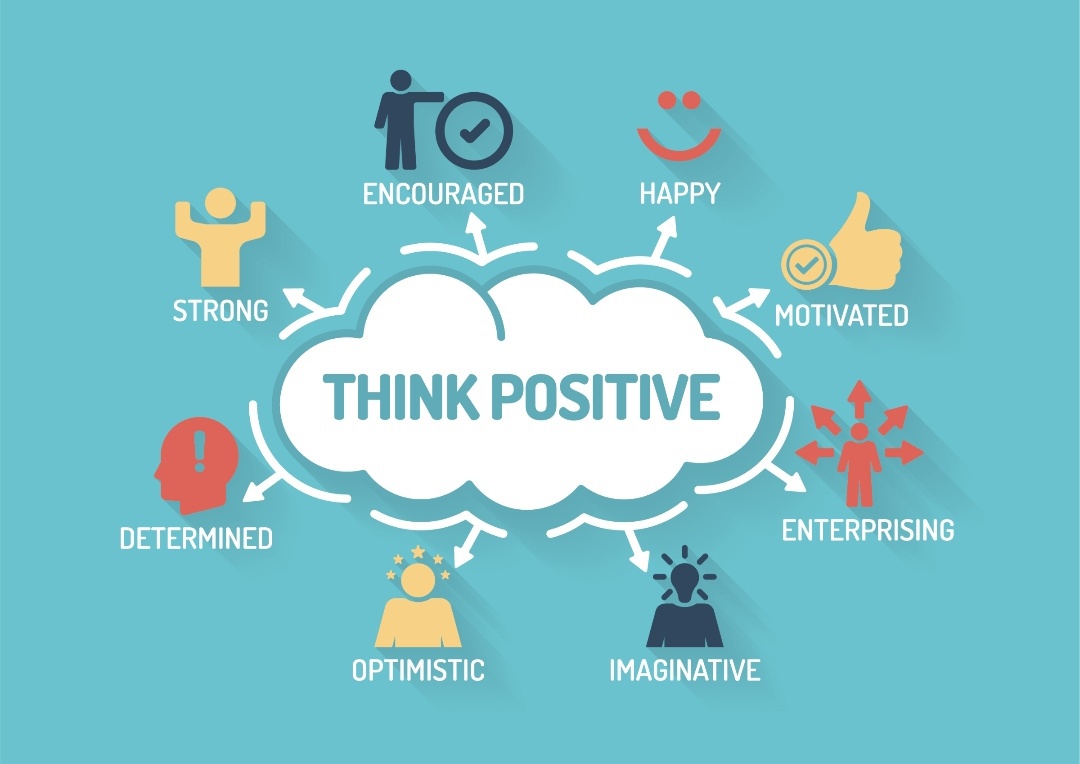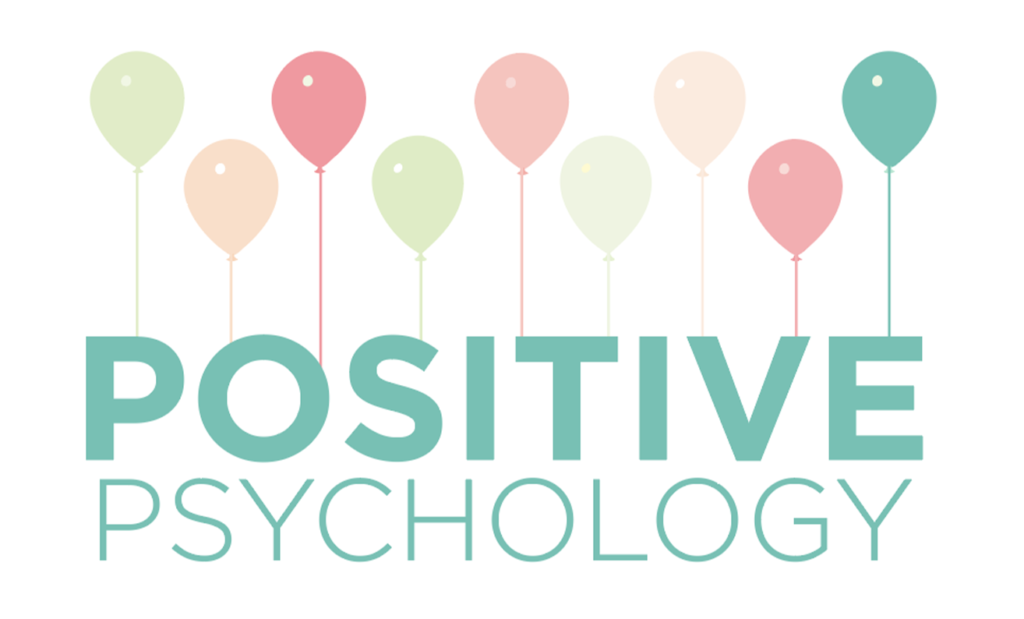“Positive psychology is the study of what makes life most worth living. It focuses on creating positive emotions, engagement, meaning, and accomplishment.” This is a quote from Mihaly Csikszentmihalyi who originally coined the term “positive psychology”. It aims to help people live more fulfilling lives by examining their strengths and by focusing on personal growth rather than fixing mental health issues. In this article, we will be discussing how positive psychology works, its goals, limitations, and criticisms of the field.
Contents
What Is Positive Psychology?

The term “positive psychology” was coined by Mihaly Csikszentmihalyi in 1998 to describe the study of what makes life most worth living. What sets this psychology apart from other fields is that it focuses on looking for solutions instead of focusing on problems and mental health issues.
About The Psychologist
Mihaly Csikszentmihalyi, a Hungarian psychology professor and researcher who had been studying people’s daily experiences for many years is often credited with coming up with the term positive psychology.
He was interested in understanding what makes life most worth living and how we can all live more fulfilling lives. His research pointed out that focusing on mental health issues or “defects” in people was not the best way to go.
He realized that instead of trying to fix what’s wrong with us, we should focus more on our strengths and personal growth.
History And Development
It has its roots in humanistic psychological approaches which aim at helping people become more fully self-actualized. The humanistic approach was first introduced in the 1950s by Abraham Maslow who believed that people are capable of reaching their full potential if they are given the right environment and support.
Theory Of Positive Psychology

In 1999, Martin Seligman, another key figure in positive psychology, came up with a theory that aimed to explain how it works. He called it the “theory of learned helplessness”. The theory states that people become depressed and give up because they have learned that they are powerless to change their situation. Seligman’s theory helped to shift the focus from fixing mental health issues to teaching people how to find happiness and thrive in life.
Positive Psychology V/S Positive Psychotherapy
There is some debate over whether positive psychology and positive psychotherapy are the same things.
- Some people argue that positive psychology is a scientific field while positive psychotherapy is a clinical field.
- Others argue that both fields overlap and that there is no clear distinction between the two.
How Does Positive Psychology Work?
The goal of positive psychology is to help people lead more fulfilling lives by teaching them how to find happiness and thrive in life. The approach used in this psychology is based on the theory of learned helplessness. According to it, people become depressed and give up because they have learned that they are powerless to change their situation.
Basic Dimensions Of Positive Psychology

There are four basic dimensions of positive psychology which are:
Positive emotions
This dimension focuses on the importance of experiencing positive emotions such as joy, happiness, love, and contentment.
Engagement
This dimension looks at how we can get more engaged in life by finding things that we are passionate about and that gives us a sense of purpose.
Meaning
This dimension looks at how we can find meaning in life by connecting our lives to something bigger than ourselves.
Accomplishments
This dimension focuses on the importance of setting goals and achieving them. It also looks at ways in which we can find self-fulfillment in our lives.
Techniques Used In Positive Psychology
Many different techniques can be used in positive psychology. Some of the most popular ones include:
Journaling
This is a technique that involves writing down your thoughts and feelings regularly.
Gratitude journaling
This is a technique that involves writing down things for which you are grateful.
Mantras and affirmations
These techniques involve repeating positive statements to yourself regularly such as “I am happy” or “Today, I will focus only on the good things in my life”.
Practicing mindfulness
This technique involves living in the present moment and focusing on what you are doing.
How Can Positive Psychology Help?

It can help people lead more fulfilling lives by teaching them how to find happiness, personal growth, and work towards goals that give their life meaning. This psychology is about looking for solutions instead of focusing on the problems.
Areas To Work That Generate Positive Emotions
There are many different areas to work on that can generate positive emotions. Some of these include:
Expressing gratitude
This involves being grateful for the good things in your life, both big and small.
Focusing on the good things
This involves looking at what you have instead of focusing on everything that is wrong with your life.
Taking care of yourself physically and emotionally
This includes taking steps to improve your physical health, getting enough sleep, eating well, etc. It also includes not letting hurtful emotions like anger or jealousy get the best of you.
Finding ways to help others
This includes finding new opportunities to give, either by volunteering or by taking steps at home.
Professionals’ View On Positive Psychology
“Positive psychology is a valuable and interesting concept and I do think it can be helpful. But we should make sure to use this information in the right way – to support people who might be feeling low or distressed – not as an alternative to getting help”.
-Dr. Emma M Seppala, Associate Director of Stanford University’s Center for Compassion and Altruism Research and Education
-I think that positive psychology is a great way to focus on the good things in life. It can help people to see the silver lining in difficult situations, which can be very helpful. However, I also think it is important to remember that negative emotions are an important part of life too, and something we should not be so quick to try and eliminate.
-Dr. Samantha Brody, a clinical psychologist at New York University’s Langone Medical Center
Limitations and Criticism Of Positive Psychology
There is criticism of positive psychology from both professionals and consumers. Some of the main criticisms include:
- It focuses too much on the individual and not enough on society as a whole.
- There is no scientific method to measure the effects of positive psychology interventions.
- It does not place enough focus on the treatment of mental health problems, which can lead to a lack of helping people with serious issues
- There is not enough research for positive psychology and there needs to be more before it becomes an established science.
NOTE: The problem with this psychology is that it leads people to feel like they are self-centered if their happiness is dependent upon them alone. This can be especially problematic in countries that do not have well-developed social support systems for helping individuals with mental health problems or other issues.
Conclusion

In conclusion, positive psychology can have many benefits but there are also some limitations and concerns that need to be addressed as well. Because of the research issues, it is difficult right now to say exactly how effective its interventions are.
However, there is a lot of potential for this field and it continues to grow in popularity. Professionals and consumers both have different views on positive psychology. But the majority seem to agree that it has potential and needs further research and studies.
Overall, positive psychology has been shown to help people lead more fulfilling lives and find happiness even in difficult situations. It can be used as a tool for personal growth, self-help, or as the basis of psychotherapy.
If you are looking for affordable Online Counseling MantraCare can help: Book a trial therapy session


